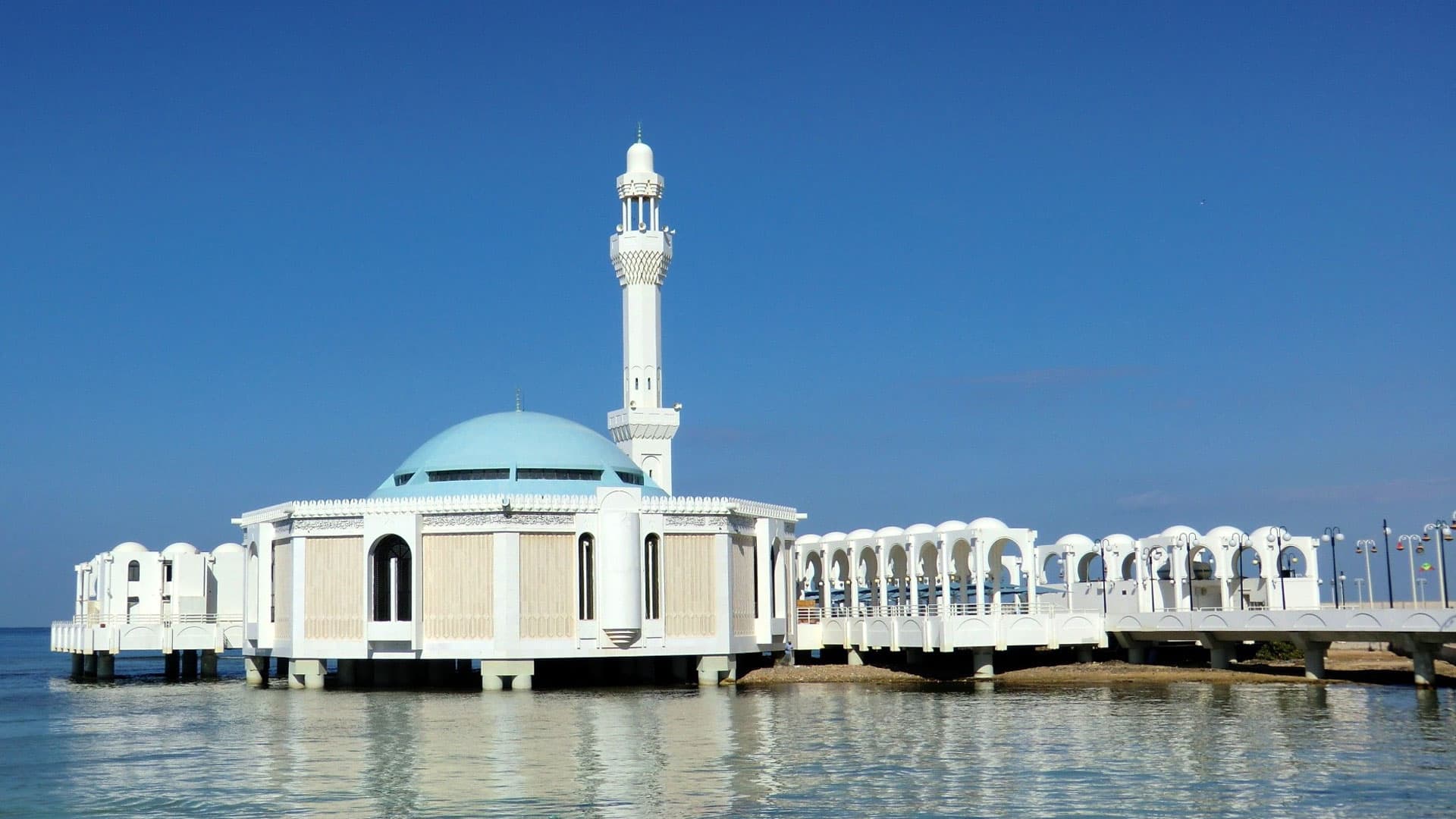What Saudi Arabia is Famous For
Saudi Arabia has many aspects they’re famous for, including religious monuments, its place within the global oil empire and the countries rich cultural history. It’s soft climate, spacious dunes, and colourful, tasteful middle eastern culture is so different from the Caribbean island of Curaçao’s traditions. If curious to get familiar with both, you easily visit Curaçao with Curacao Electronic Border System.
Saudi Arabia is a history lover’s premier travel destination, and knowing what Saudi Arabia is famous for will help you make the best of your vacation.
Saudi Arabia’s Place in the Global Economy
Saudi Arabia controls about 22% of oil reserves in the world. Globally, Saudi Arabia is the largest exporter of petroleum and nearly half of its Gross Domestic Product. In 1960 Saudi Arabia founded the Organization of the Petroleum Exporting Countries or OPEC.
The Saudi Arabian government secured a stable business relationship with the United States to exchange oil following World War II securely. These two countries share mutual interests which created a longstanding relationship with benefits of free flow oil and proactively working against communist as well as extremist groups.
Saudi Arabia recently has seen an economic hit because of the public perception of extremist groups such as ISIS and Al Qaeda. This country protects its economic interests and focuses on building positive relationships within the business community. Recently the country has taken on many mega projects allowing private investors to help cultivate the emerging culture.
Religion in Saudi Arabia
Every year over two million people make a pilgrimage to the religious and historical site of Mecca. Saudi Arabia has some laws that protect religious practices and has a ban on non-Muslims publicly showing worship. The Koran is the government’s constitution and is the base of the country’s conservative nature.
The pilgrimage to Mecca, called Hajj, has more participation than any other pilgrimage year after year. This sacred event has numerous struggles including mysterious viruses leading to deaths of a very slim percentage of travellers. It’s no reason to miss this spiritual opportunity, but it is a good reason to ensure that you adequately prepare before starting your journey.
Saudi Arabia is also home to Mount Horeb or Mount Sinai, which is the religious site where Moses received the Ten Commandments. People of many religions travel to Saudi Arabia every year to see these religious monuments. Medina is also a place of holy ground. The only downside for travellers is that only Muslims may enter these sacred places. Non-Muslims will not gain entry.
Culture in Saudi Arabia
Culture in Saudi Arabia was crafted mainly due to its people’s nomadic nature. As of 1950 about 40% of the population lived dispersed in tents with camels, goats, and sheep. An additional 40% of the population lived in rural areas in small villages. This created a strong work ethic as part of the Saudi Arabian culture.
However, recent mega projects are opening up hundreds of thousands of spaces for residential use. The Saudi Arabian government is focusing on bringing in modern culture. However, they are holding firmly onto their historical culture. New residences support the gender-segregation that sedentary people expect in Saudi Arabia.
Camels
Camels might initially spark thoughts of transportation; however, camels are a part of the Saudi Arabian culture. Festivals and carnivals celebrating camels play host to camel beauty pageants, camel artwork and food trucks with a camel on the menu. Over 100 camels are sold daily in Saudi Arabia. The nomadic nature of the Saudi Arabian culture has carved a space for camels in the people’s daily lives.
Famous Saudi Arabia
There are a number of aspects that Saudi Arabians encounter in daily life that make the country famous. Whether it’s nomadic life, or their mega projects cultivating a new city lifestyle Saudi Arabia continues to build its fame. The country that has the most significant impact on the oil economy and long religious history will continue to make waves.

